After meeting with counterparts in Washington DC, the US’s new SECURE Centre could be a model for Germany to follow
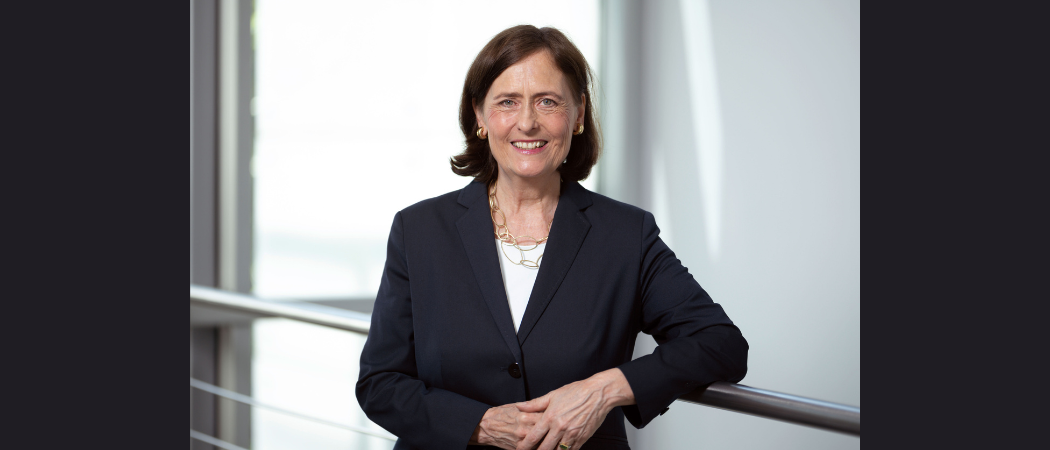
Katja Becker, German Research Foundation (DFG) president. Phot credits: German Research Foundation
Science|Business - Table.Media partnershipScience|Business has partnered with Table.Media, a leading source of news about higher education and research in Germany. Each week, we are publishing one of each other’s stories to give readers an even broader range of insight into R&D policy across Europe. |
Last Thursday, more than 20 German and US representatives from science and politics met at the German Research Foundation’s (DFG) North America office. The main topic: how research security can be guaranteed in international collaborations without restricting academic freedom. Table.Media spoke to Katja Becker, DFG president, about what Germany could learn from the US approach.
Ms Becker, the US recently established a Centre for Research Security, the SECURE Center. What is your impression of the US approach after talking to the experts there?
This was of course a central topic during the discussions, which were characterised by great openness and trust. The centre will operate over the next five years and has a total budget of $50 million. It will provide scientists and institutions with information on potential partners and tools to carry out their own risk assessments.
This is also highly relevant for the German system: the flow of information from the state intelligence services to the scientific community must be guaranteed. For example, information about whether cooperation partners have links to military facilities.
In addition, the US is working hard to prepare training courses and films to raise awareness of security risks. In addition to the $50 million, there is also $17 million dollars for regional security and data analysis projects. In my view, these are important investments in the future - the value of research results cannot be overestimated at the moment.
You are talking about secure analytics. What should the result be?
This is exciting because, on the one hand, risk analyses are carried out centrally and, on the other, tools are developed for universities so that they can also make their own assessments for their individual needs. You can't screen all research projects centrally, you also need decentralised structures that have specific expertise. Ideally, only particularly complex cases should be sent to the head office for consideration.
But ultimately, in your opinion, should the local researchers or the central office decide?
From the DFG's point of view, which we have also shared with our US partners, responsibility must remain primarily with the researchers or the institutions at which they work. This is in line with the principle of academic freedom, which is constitutionally protected in Germany. No one may or can take this decision away from the researchers.
However, all stakeholders are of course also responsible: politicians, government services, institutions and scientific organisations must provide scientists with the best possible information so that they can make the right decisions in the overall assessment, whether in the US or in Germany.
Better information prevents potentially premature cooperation and naïve decisions. But it won't stop researchers who deliberately enter into collaborations with dubious partners
It's a question of balance and attitude. In any case, we need an informed risk assessment for individual projects and then a careful weighing up of risks and opportunities. In our discussions, it became very clear that the benefits of international cooperation are immense. The alternative, that is de-coupling - here too we are in line with our partners in the US - must be prevented as far as possible.
Such de-coupling would massively impair scientific progress and thus the ability to tackle pressing global challenges. Ultimately, we cannot claim to completely control or exclude a risk. But we must assess and minimise risks as well as possible.
So controls or additional control mechanisms are not the right approach?
In the US, there is already legislation that provides for controls, for example in the Chips and Science Act or the National Defence Authorisation Act. At this point, our countries have different approaches, but we share the same foundation. In both the US and Germany, scientific freedom, a positive spirit of international cooperation and trust in partners are paramount - and we must not allow this foundation of science to be taken away.
Researchers should also continue to be allowed to try out new things with scientific curiosity. Where else would we end up? With this approach, the individual scientists naturally take on a lot of responsibility. But they can certainly be trusted with this responsibility and there is also a lot of potential in trusting cooperation partners; ultimately, our society and our view of the world are based on this. This attitude has also recently manifested itself in the US in the TRUST concept (Trusted Research Using Safeguards and Transparency).
How can Germany actively protect itself against risks and threats in this area? Do we also need a SECURE Centre here?
Intensified discussions on this will begin shortly between the Federal Ministry of Education and Research, the Alliance of Science Organisations and other stakeholders. Perhaps we can take the structure of an existing institution as a model and set up something similar: in the area of dual use, we have the joint committee on the handling of security-related research. This has been working excellently for years and, at its suggestion, around 120 committees for ethics in research have already been set up at various research institutions and universities.
In addition, there is the DFG's code of good scientific practice and, as a further pillar, the guidelines of the Federal Office for Economics and Export Control. Through the interaction of these players, it is possible for scientists to make highly informed decisions. I believe that such a model also makes sense in the area of research security in international collaborations.
In other words, you are calling for a joint committee for research security.
I think there will be no getting around an independent, central institution that is available to all players in the German science system. This should form the interface between politics, state security services, the funding bodies and the research institutions, that is ultimately, the scientists. In my view, this should be an efficient institution that incorporates expertise from all areas and is equipped with a functioning office.
You have to bear in mind that the Americans are spending between $60 and $70 million to adequately address the issue. It will not solve itself. Such an institution as a contact point could issue guidelines, provide up-to-date information to the system and thus enable German scientists to make informed decisions in and with their institutions. In my view, that would be ideal.
A committee under the leadership of the DFG?
The composition and institutional location of such a possible body will have to be discussed. The process is still in its infancy and we first need to discuss the direction in which the BMBF and other stakeholders are thinking. In my view, the universities and therefore also the federal states and non-university institutions must be involved in any case. We need to see exactly how.
Would it then be possible to manage without further laws?
I think the German science system will be able to master the challenges without further legislation and, in particular, without major bureaucratic hurdles.
In the US, Canada and the Netherlands, there are lists of risky research partners. Would something like this also be conceivable and important for Germany?
The topic of lists was also discussed intensively during our roundtable discussion in Washington. I have great reservations about lists with red lines, because they rarely reflect current changes and provide supposedly simple solutions, that is, they do not always shorten thought and reflection processes to the benefit of the outcome.
However, it is helpful to have continuously updated lists of countries, institutions or research topics that require increased attention. This can be a useful way of supporting the reflection process among researchers. In the US, we agreed that it makes a lot of sense to work closely together in this area too, both bilaterally and multilaterally in the context of political and scientific forums.
In an interview with Table.Briefings, Max Planck Society president Patrick Cramer outlined the danger that restrictions on international cooperation could cause the global science engine to grind to a halt. How can this danger be countered?
It is true that the attempt to guarantee research security as far as possible creates new risks by inhibiting international cooperation. Administrative measures are being taken in many countries, scientists are being sensitised, guidelines are being drawn up and tools are being developed - and we are already seeing that, although we and many others only want de-risking, de facto de-coupling is beginning in some areas. Due to increasing awareness and increased complexity, individual scientists are already deciding not to cooperate with Chinese partners and are turning to other countries. This is a major risk. We must continue to cooperate internationally and therefore also create certainty of action quickly and unbureaucratically.
You pointed out that the US is reportedly spending almost $70 million on research security. What will the measures in Germany cost?
Unfortunately, it won't work completely without resources. You can compensate for some things through creativity, commitment and monitoring international developments, but not everything. At the very least, we would have to raise the funds for an independent office if we agree on such a structure in the talks. The exact costs will of course depend on the final concept. In any case, we all, the players from science and politics, must and want to start an intensive exchange as soon as possible. In my view, the relevant cornerstones should and could be in place by the end of the legislative period [next year].
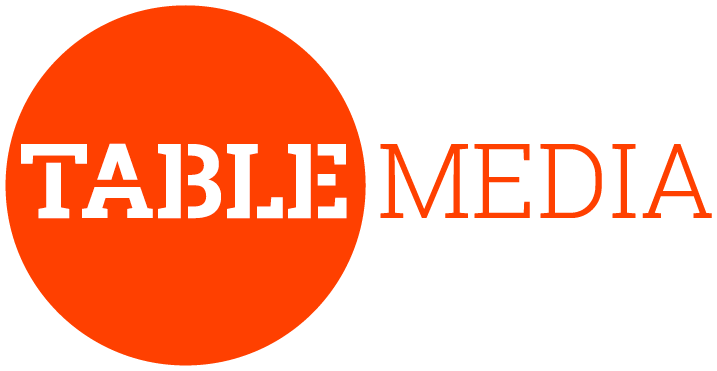

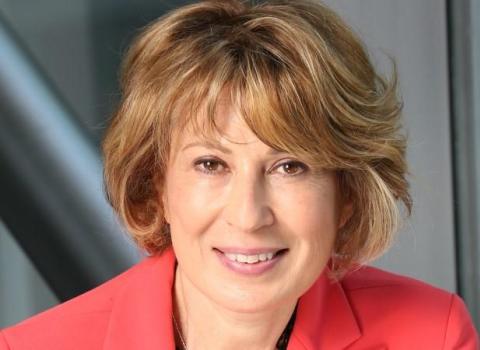
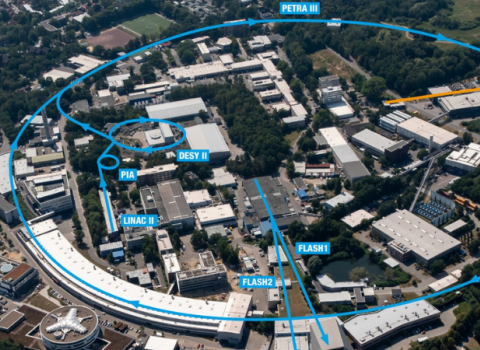
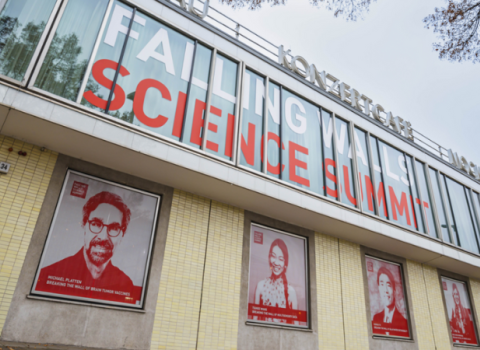

 A unique international forum for public research organisations and companies to connect their external engagement with strategic interests around their R&D system.
A unique international forum for public research organisations and companies to connect their external engagement with strategic interests around their R&D system.